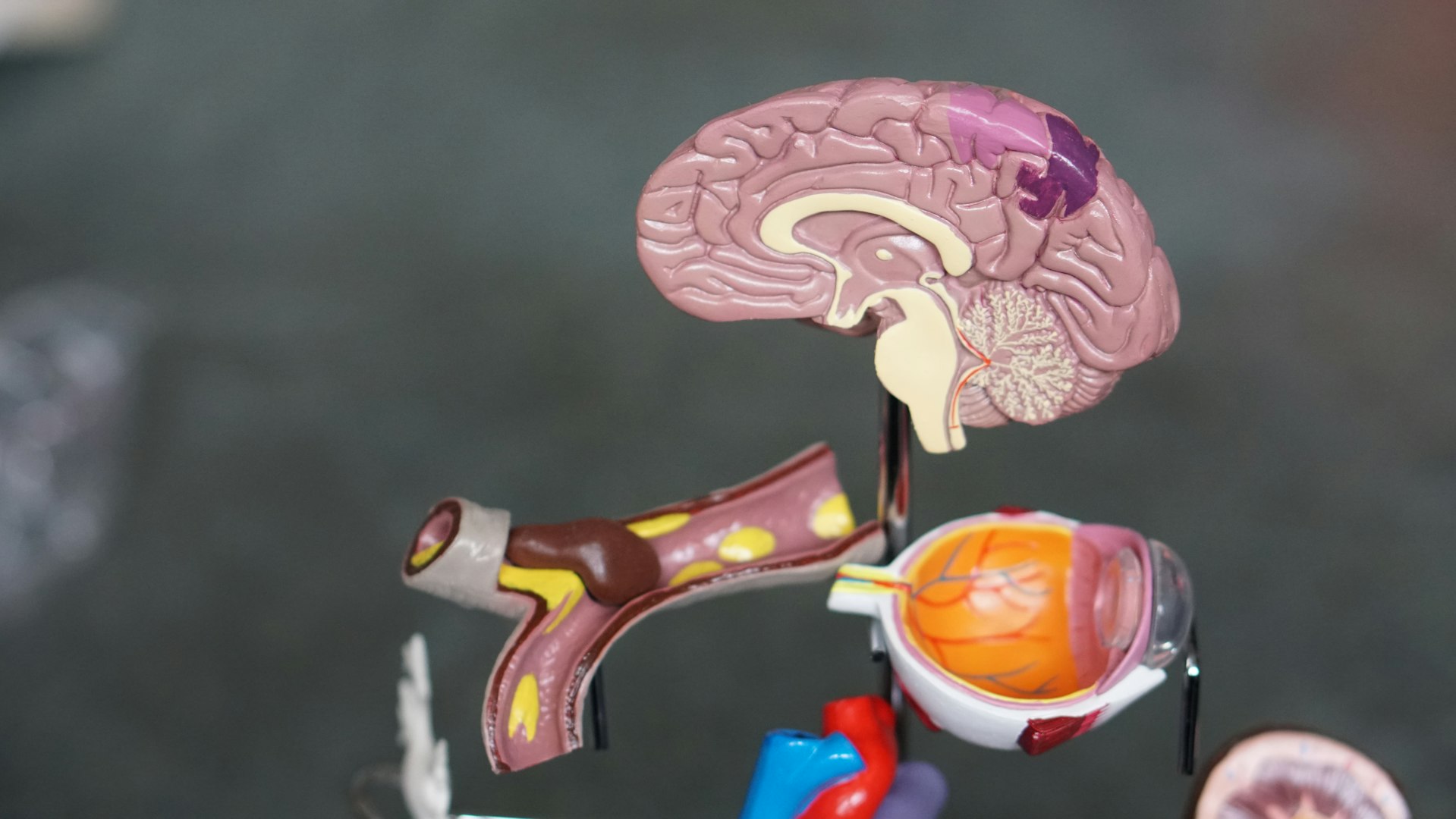PTSD/Anxiety
Looking to go beyond traditional talk therapy? Brainspotting heals in ways talk therapy cannot touch. The more brainspotting one does, the more resilient to obstacles they become.
636-887-5807
Looking to go beyond traditional talk therapy? Brainspotting heals in ways talk therapy cannot touch. The more brainspotting one does, the more resilient to obstacles they become.
Overcome performance blocks and regain your confidence. Goodbye yips!
You haven't lost your creativity or capabilities; brainspotting can unlock your passions.
Remove physical and emotional fears such as giving birth, dental fears, food/vomiting, sports injuries, airplanes, driving, parenting, etc.

"I had a session 24 hours after a disturbing incident. I couldn’t get all the negative thoughts out of my mind until going through brainspotting. I can’t explain how or why, but this made me feel better".

"Brainspotting went even further than EMDR. Brainspotting removed the ability for me to recall the smell of the trauma and allowed me to access memories beyond that one horrible week that were actually positive about the person I lost".

"The cool thing about brainspotting is that you can do it silently; I can watch the thing I am upset about disappear in my head. I like that it is so fast and that I have the ability to focus on many things related and unrelated to it".

"Brainspotting let me use a lot less brain power, as my bandwidth is already full and this helped me realize what I needed in a natural way. It helped me listen to my body. I felt lighter and more positive about the anxiety after just one session".
